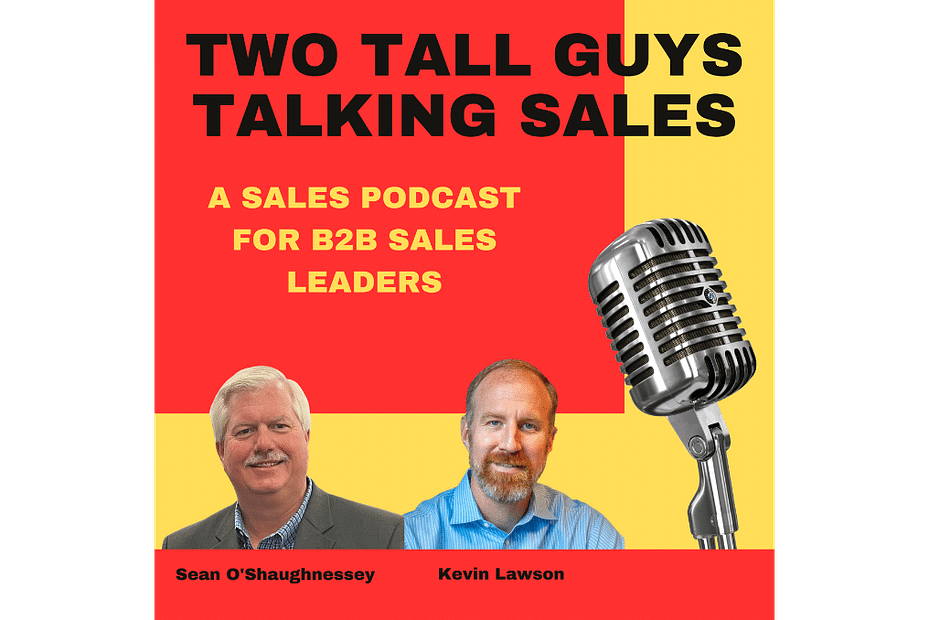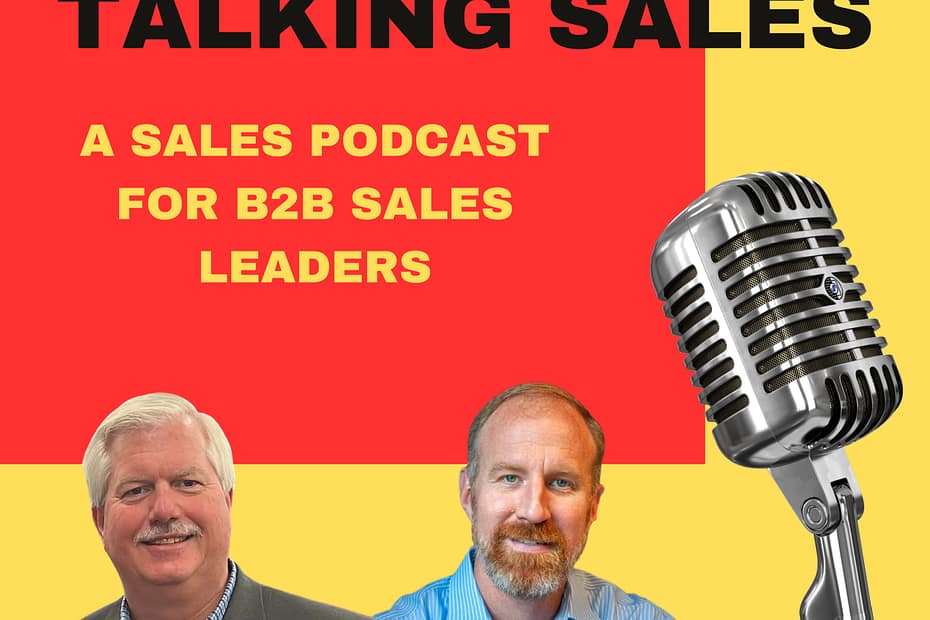Two Tall Guys Talking Sales Podcast – Fundamentals First: Building a Winning Sales Team with Tom Morgan of Sales Xceleration – E88
Welcome to another insightful episode of “Two Tall Guys Talking Sales,” where we continue our vibrant discussion this week with special guest Tom Morgan, a former collegiate basketball coach turned sales strategy guru. Diving into the parallels between sports coaching and sales management, this episode is packed with strategic insights to enhance your sales team’s performance as the quarter and year draw to a close. Key Topics Discussed: Key Quotes: Summary: Whether you’re a sales… Two Tall Guys Talking Sales Podcast – Fundamentals First: Building a Winning Sales Team with Tom Morgan of Sales Xceleration – E88





